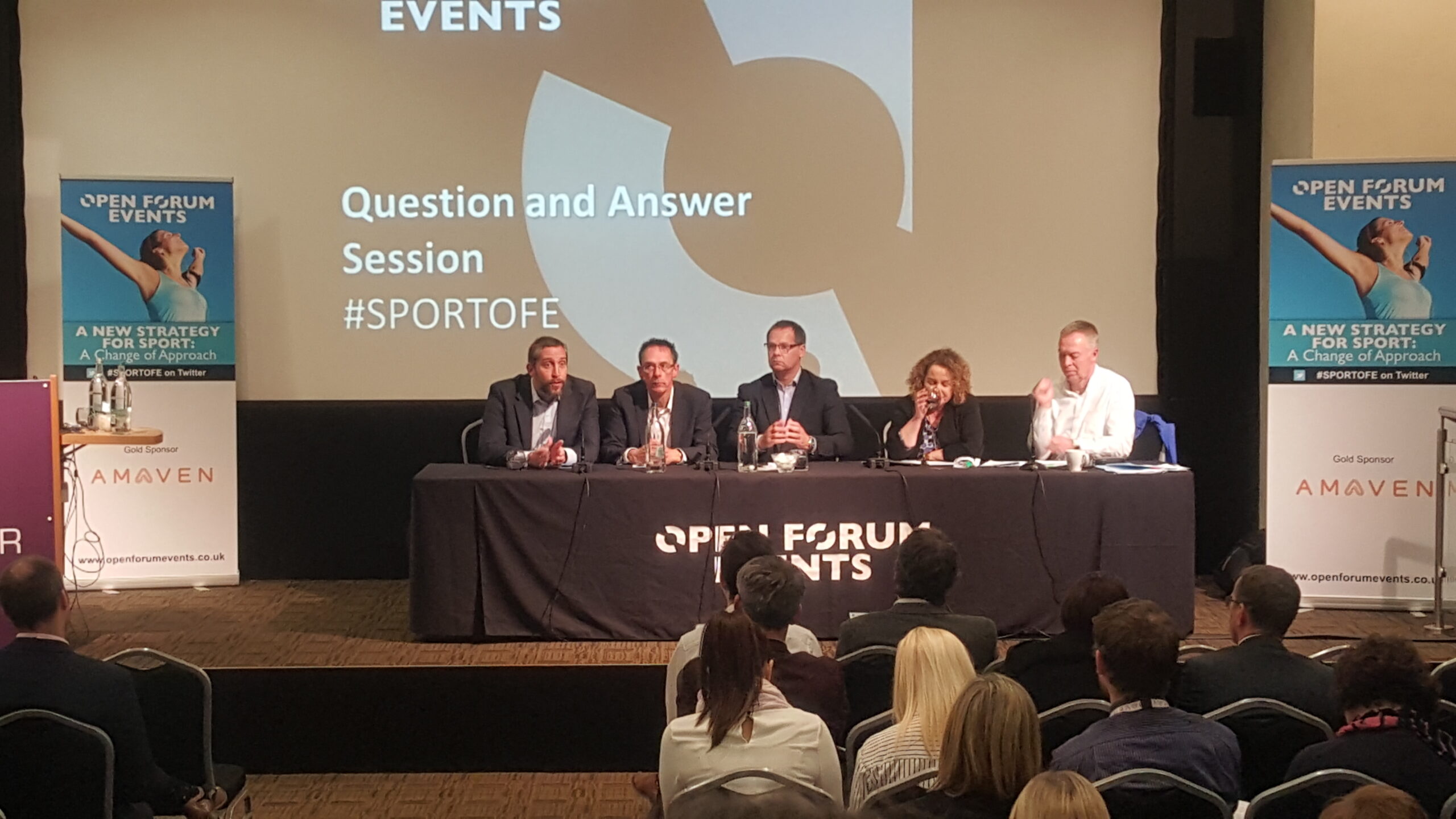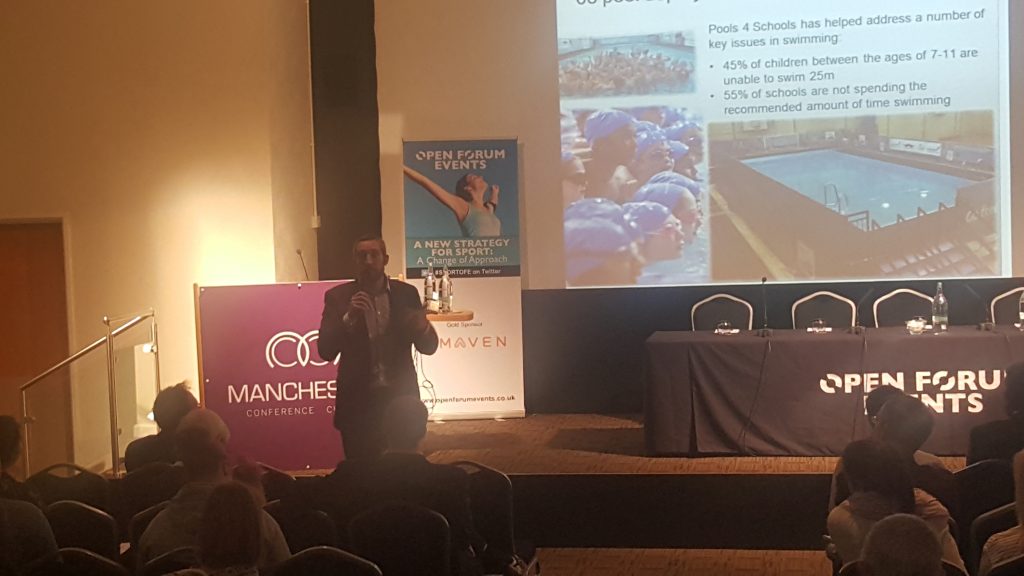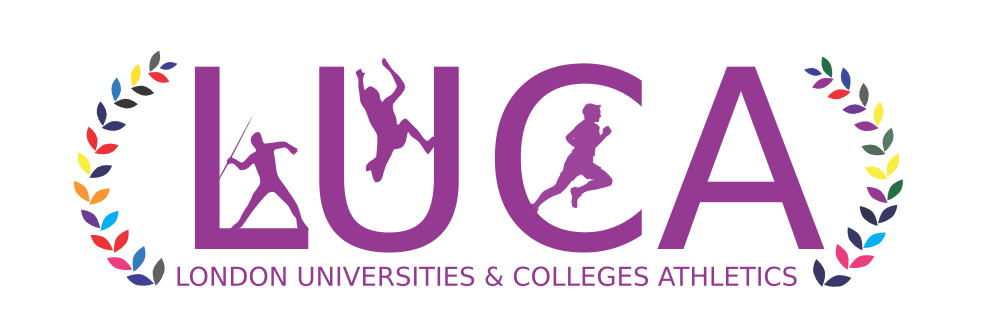
MANCHESTER
Today I represented LUCA at the A New Strategy for Sport: A Change of Approach conference, hosted by Open Forum Events at the Manchester Conference Centre.
The conference had been arranged to discus the government’s new sports strategy that was published by the Department of Culture, Media and Sport back in December.
This new strategy had been commissioned by Tracey Crouch MP amidst concerns that the previous strategy had failed the Olympic legacy targets.
Figures from Sport England (for the 12 months to March 2015) showed that there were 15.49 million adults (aged 16 plus) participating in sport every week. This is up from 14.08 million since October 2006. But sports participation numbers have actually declined since October 2012, where 15.9 million people were participating every week.
A consultation preceded publication of the report, for which I gave feedback on behalf of LUCA and King’s Athletics. In my feedback, I argued for increased recognition of university sport, promotion of club partnerships and promotion of NGB partnerships (including how England Athletics could work with the Football Association to create more tracks around football pitches).
Suffice to say that I wasn’t too pleased that the strategy only included the word ‘university’ or ‘higher education’ twice.

The conference began with a keynote address from former MP Andy Reed OBE. Reed, who is now director of the SPORTS Think Tank gave an overview of the new strategy and its the key outcomes including; Physical Wellbeing, Mental Wellbeing, Individual Development, Social & Community Development and Economic Development.
Olympic bronze medallist swimmer and BBC presenter, Steve Parry spoke next on the need for ruthless innovation and how projects should take a ‘no compromise’ approach to sports development. Parry’s inspiring and passionate address made the case for using elite athletes as tools to inspire more people into sport. However, later speakers urged caution, citing research that suggests elite athletes can often have no significant impact or even a negative impact on increasing participation. They suggested instead that human interest stories and local sporting heroes have greater influence.
During the panel debate at the end of the day, I asked where higher education fitted in with the strategy and which single piece of advice each panel member could give to deliver successful projects and clubs.
There was an awkward silence and laughter around the auditorium as panel members could not find an answer to my first question.
But they had more to say in way of my second question. Dr Brocklesby of Silverfit hammered home the importance of making projects fun and having fun when delivering them. Arun Kang of Sporting Equals stressed the importance of creating a legacy and ensuring that projects are sustainable. Barry Horne, CEO of the English Federation of Disability Sport spoke about the necessity of empowering local people and using a data driven approach that focuses on the needs of local people. Finally, Mark Hardie, CEO of Access Sport advised project managers to build trust with local stakeholders and to consider their agenda’s in order to present projects according to the ‘boxes they need to tick’.
Overall, I can’t hide my disappointment that university sport has been neglected in the government’s sports strategy. But there are some positive elements of the strategy to highlight. Especially appealing to me as a scientist, there was a lot of talk about data and the need for evidence based approaches.
The challenge now for LUCA is to plan for the future according to the strategic goals set by the government. At the same time, we need to make the case for university athletics and provide quality data to prove our impact on outcomes.
